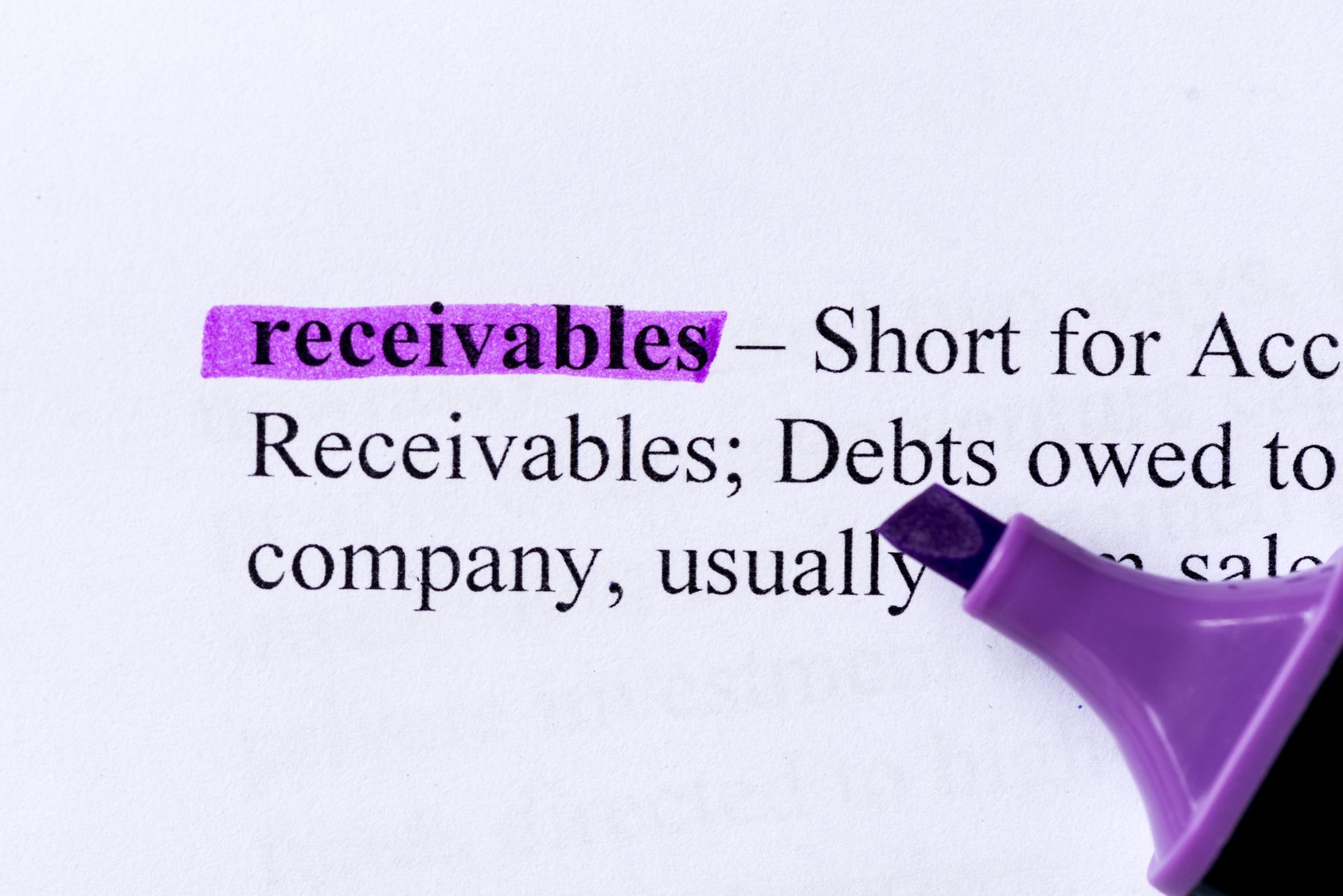The United Kingdom government has decided to implement a full-time “utility-style” regulator which will have broad authority over all payment systems, the Link ATM network and three and four party card programs. This comes in response to the failed attempt in 2011 to remove checks from the payments mainstream. For the UK payments industry, the move represents the end of self-regulation as the government aims to increase transparency and competition across the board.
Under the new regulator, all members of the domestic payment system and their direct partners will be required to pledge to efficient and transparent pricing of all payment products, non-discriminatory access, good governance, maintenance and development of the payment systems, and co-operation to ensure greater effectiveness. In order to encourage firms to abide by this pledge, the new unnamed body will have the powers to issue enforcement orders and impose fines if need be and as a step of last resort, the regulator will have the “power to take steps that would result in the divesting from the banks of their stakes in the payment systems.”
While the announcement is just one step in the process towards the creation of the new regulator (the Treasury opened up these latest developments for consultation and interested parties have until June 25th to reply), and some of the regulatory powers will likely be water downed, it does reinforce the notion that the UK payments industry is liberalizing at the behest of the government. Earlier this year, UK Chancellor of the Exchequer George Osborne highlighted plans to reduce the power of the four largest banks which currently handle 75 percent of all checking accounts.
Although payment firms already in the market will be disappointed by the increased regulation and competitiveness push, for outsiders looking to enter a mature and well developed payments market, the UK offers exciting possibilities.
Click here to read more from Finextra. Download the UK government’s whitepaper from the Payments Journal library.










